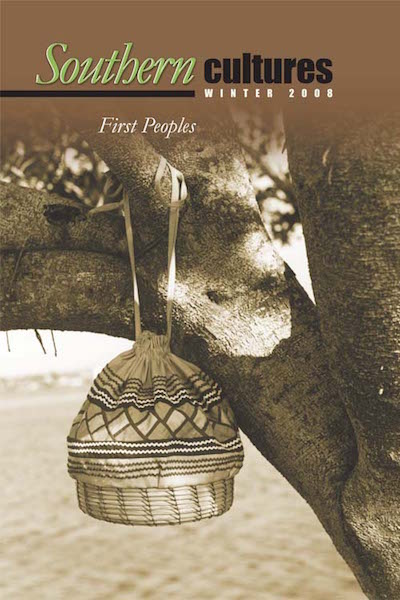“In December 1912, Mississippi representative Pat Harrison stood before Congress and delivered an impassioned speech on behalf of the Choctaw Indians living in his district. “Mr. Chairman,’ Harrison announced, ‘the Choctaw Indians have always stood with the white men of the South.'”
In December 1912, Mississippi representative Pat Harrison stood before Congress and delivered an impassioned speech on behalf of the Choctaw Indians living in his district along the Gulf Coast. In a heavily edited version of the past, Harrison announced, “Mr. Chairman, the Choctaw Indians always stood with the white men of the called on Congress to support legislation allowing Mississippi Choctaws South,” and called on Congress to support legislation allowing Mississippi Choctaws access to the resources of the Choctaw Nation of Oklahoma.1 Descendants of those who had remained in Mississippi when the Choctaw Nation ceded its territory there and moved to Indian Territory (present-day Oklahoma) in the 1830s, Mississippi’s Choctaws had withdrawn into isolated, poverty-stricken ethnic enclaves where virtually all subsisted as sharecroppers and low-paid day laborers. While the Choctaws were not officially classified under the segregation statutes as “colored,” they nonetheless suffered routine racial segregation and discrimination. They had no access to “white” schools and facilities, and state poll taxes and literacy requirements disenfranchised them. Yet Harrison and the Mississippi congressional delegation, all ardent supporters of segregation, were seeking redress for the injustice the Indians had suffered in the removal era and more recently when the United States had closed the roll of the Choctaw Nation in Oklahoma, excluding most Mississippi Choctaws from the benefits of Choctaw Nation citizenship. This support of the Choctaws was an interesting twist in the state’s racial politics.


